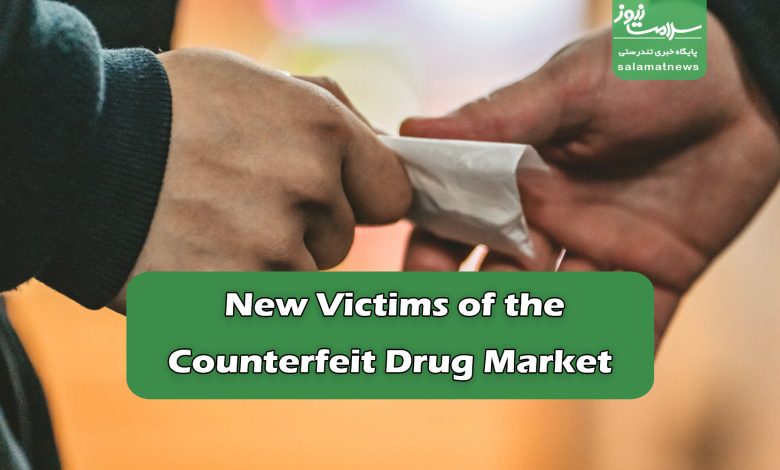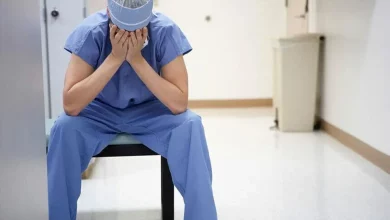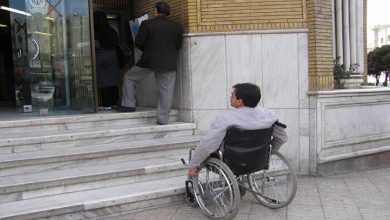
Special patients, due to the high cost of medicine and insurance issues, are at risk of purchasing counterfeit and dangerous drugs from the black market. From street vendors to illegal pharmacies, these threats make their health conditions even more serious.
According to Mehr News Agency, patients with special conditions are forced to pay high out-of-pocket expenses because of their urgent need for specific medicines and skyrocketing drug prices. This situation has put them at risk of purchasing counterfeit and substandard drugs.
Rasoul Nazari-Fard, a pharmacist and manager of a special patients’ pharmacy, described the current situation. He explained the challenges related to insurance and medicine costs, saying that, in general, most medicines are covered by insurance and patients often don’t need to pay out of pocket. However, some drugs are not covered, and sudden price increases mean patients may be forced to cover the costs themselves for weeks until insurance reimbursement arrives.
Nazari-Fard gave the example of the drug Zakaria, whose price jumped from 11 million tomans to 25 million tomans. This 14-million-toman increase is unbearable for many patients, especially since insurance companies typically reimburse costs with weeks of delay.
He also noted that drug prices have risen about 10–15% over the past year due to increased importation and supply costs.
Street Vendors Selling Refrigerated Medicines
Another serious problem highlighted by Nazari-Fard is the sale of refrigerated medicines by street vendors. He said:
“In the 12 years I have worked in this pharmacy, I have repeatedly witnessed the sale of medicines outside pharmacies, even by street vendors. These include refrigerated drugs that are sold without proper storage conditions or temperature control, which poses a severe risk to patients’ health.”
He emphasized that although such violations have been repeatedly reported, follow-ups are often ineffective, and cases sometimes go nowhere.
Illegal Pharmacies and Profit-Seeking Investors
Nazari-Fard also criticized the influence of investors in pharmacy ownership, pointing out that unfortunately, not all pharmacy owners are licensed pharmacists. In some cases, investors illegally run pharmacies, leading to practices such as customer manipulation or even selling counterfeit drugs to maximize profit.
He cited one case in which a patient, who could have obtained their medicine through insurance for 3 million tomans, purchased it on the black market for 60 million tomans per vial. Fortunately, before injection, the physician noticed a change in the drug’s color and identified it as counterfeit. The seller was later arrested.
These issues clearly show that special patients, in addition to financial burdens, face serious health threats as well. Stronger oversight of the drug market, firm action against counterfeiters, and expanded insurance coverage could play a major role in resolving these challenges.




